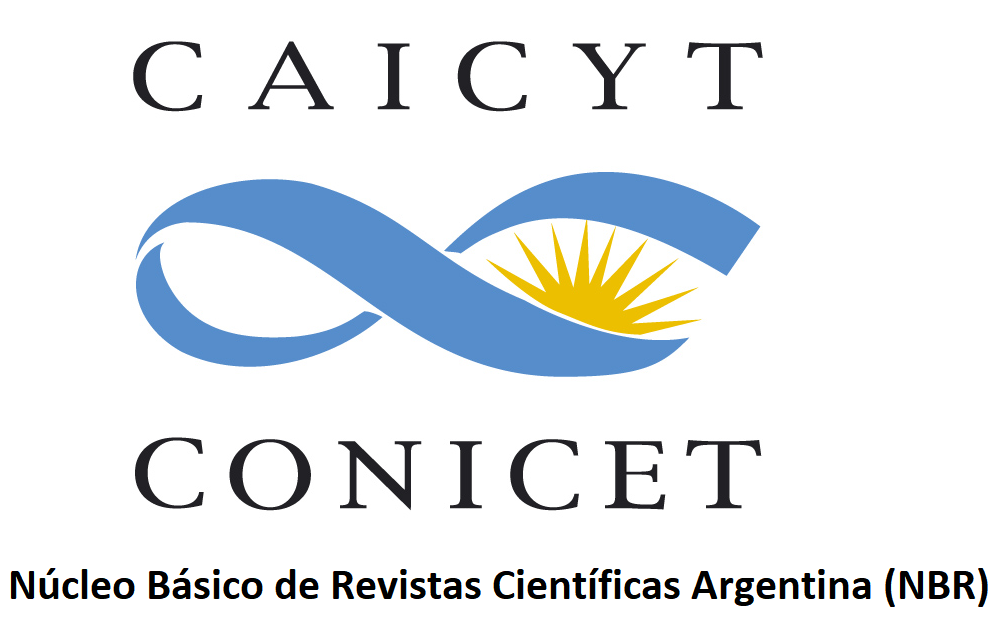Strategies in the implementation of standards for the identification of patients on legacy software in the Health System of Buenos Aires City
Resumen
In December 2015, began the implementation of an Electronic Health Record in the public healthcare facilities of Buenos Aires city. This implementation has the potential to be scalable to the rest of the city's health system and be aligned with the national strategy on digital health. The first fundamental step consisted in the standardization of key processes such as the patient identification and the creation of a Master Patient Index. The design and implementation of a model based on identification standards is a challenge since the city has a legacy software with an architecture to adapt. The aim of this paper is to describe the design, development and implementation strategies of a patient identification system based on international standards on legacy
software in Buenos Aires City. Considering the rates of legacy software adoption and the complexity of the processes that are carried out in each of the Health Care Centers, 3 different scenarios that required different strategies were identified. This work could guide other institutions that are planning to adopt Health Information Systems based on international standards for patient
identification.














